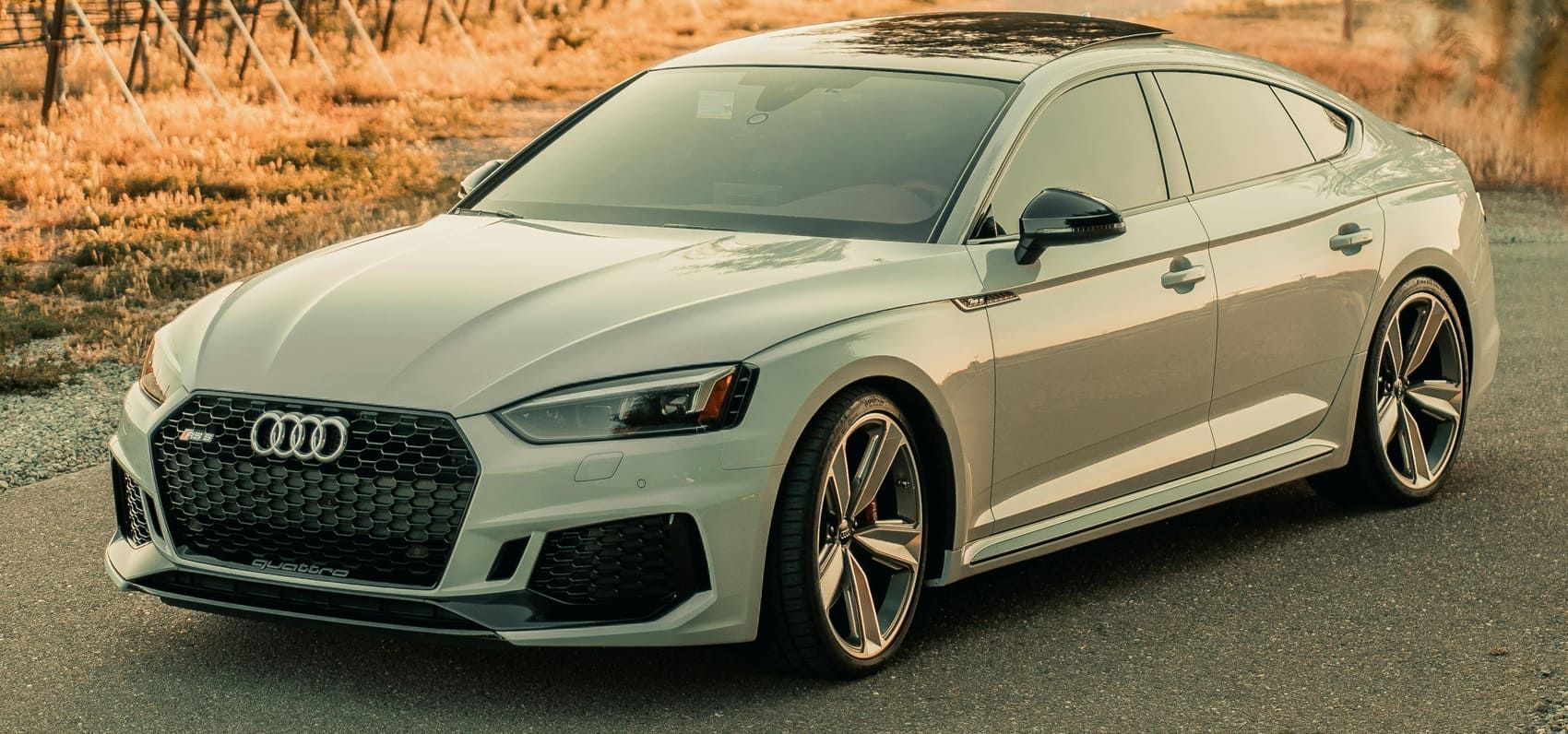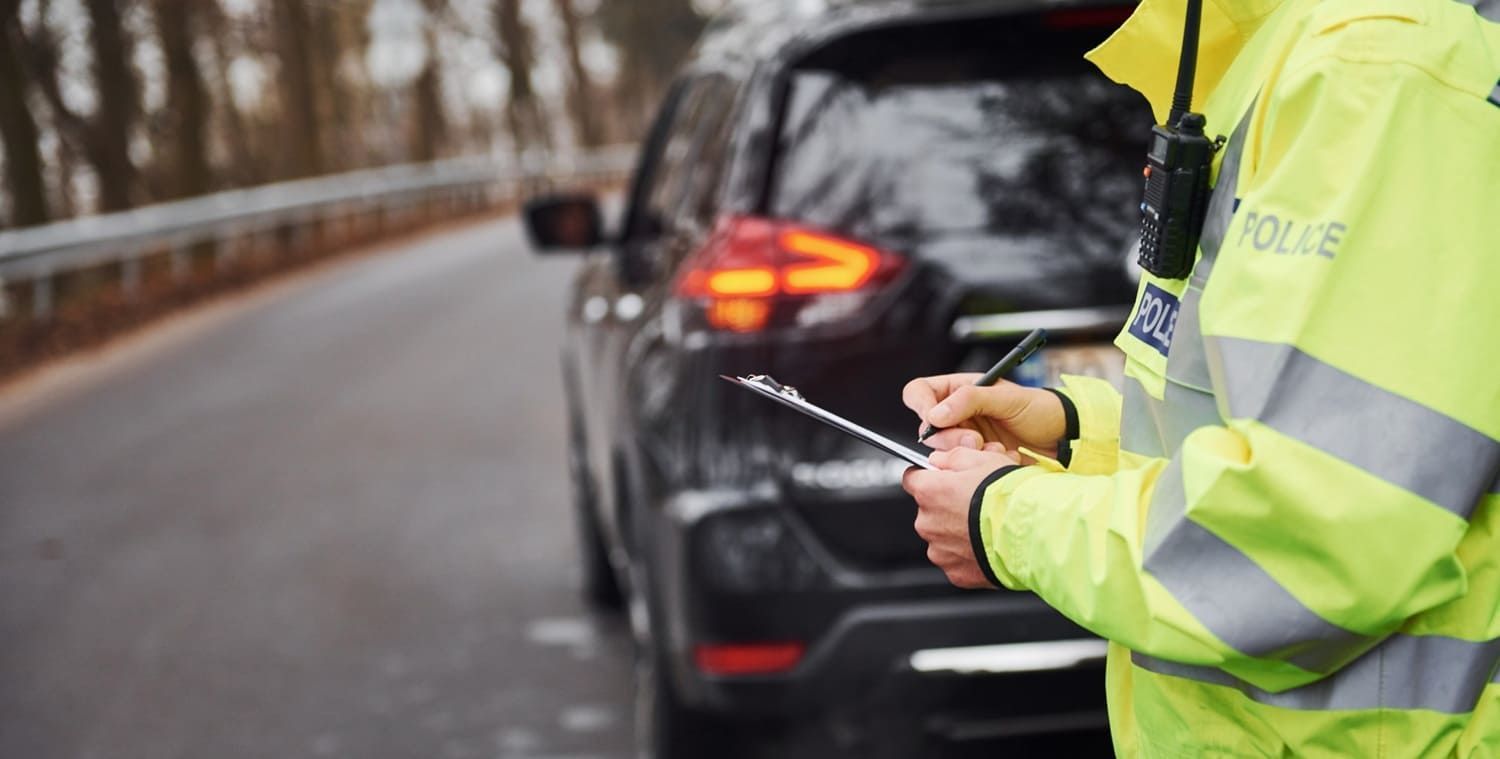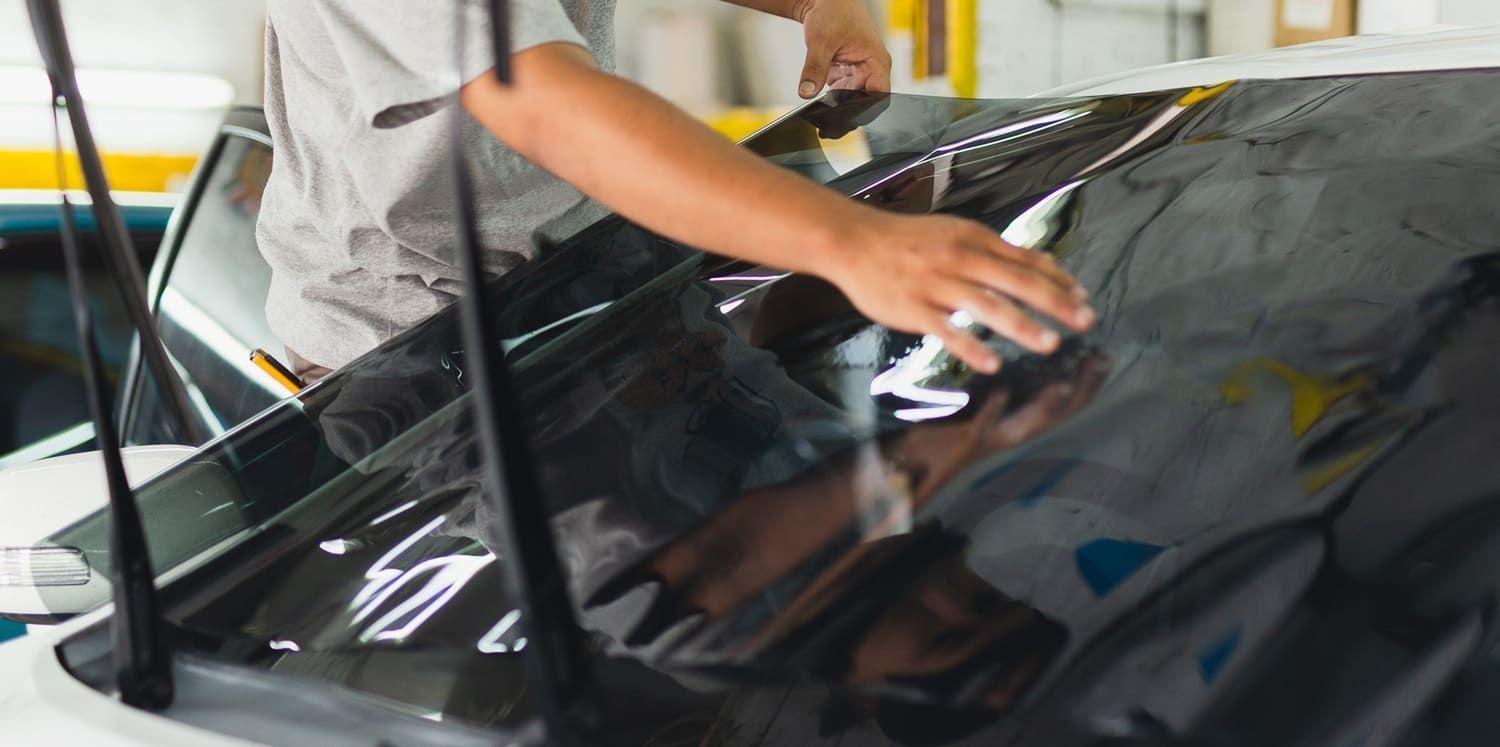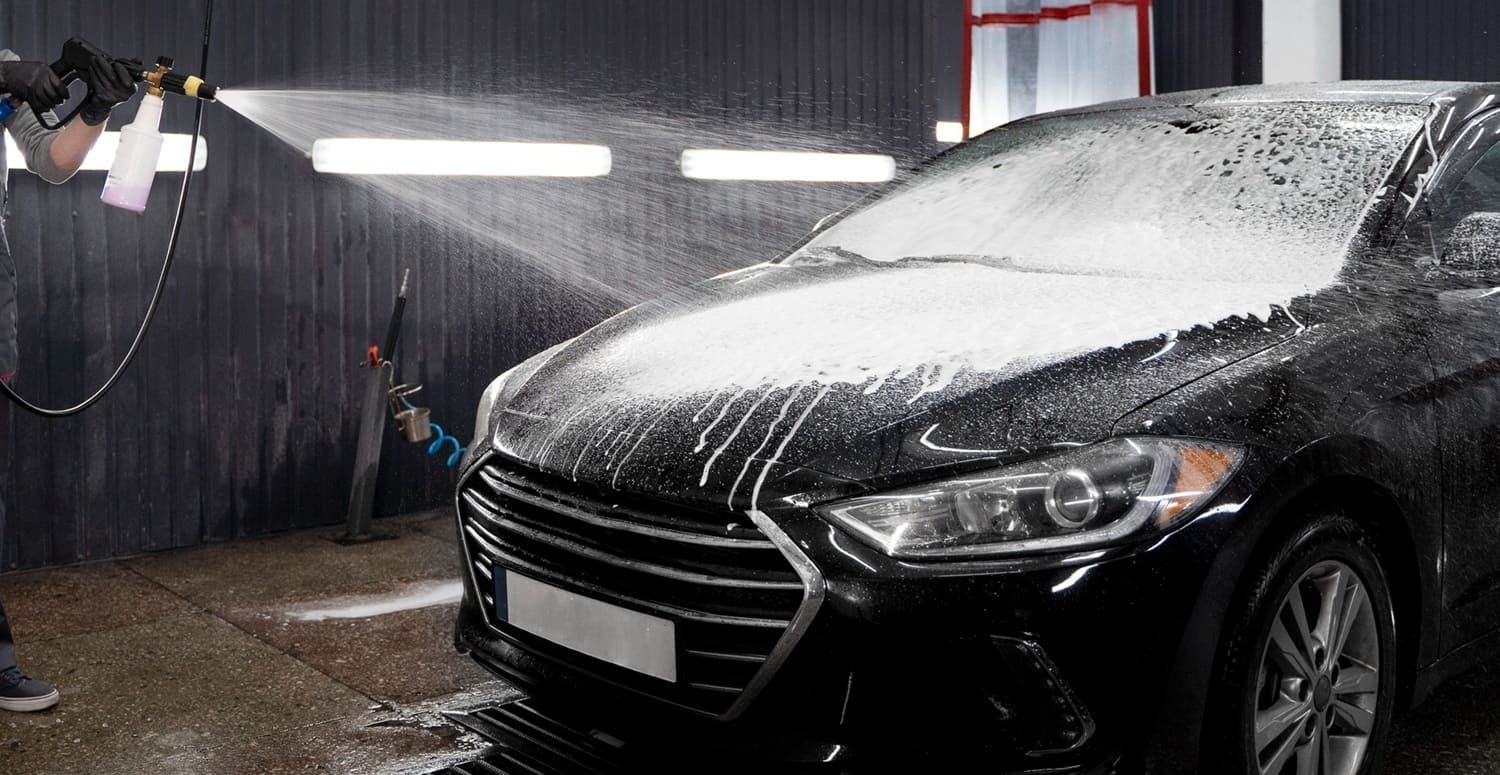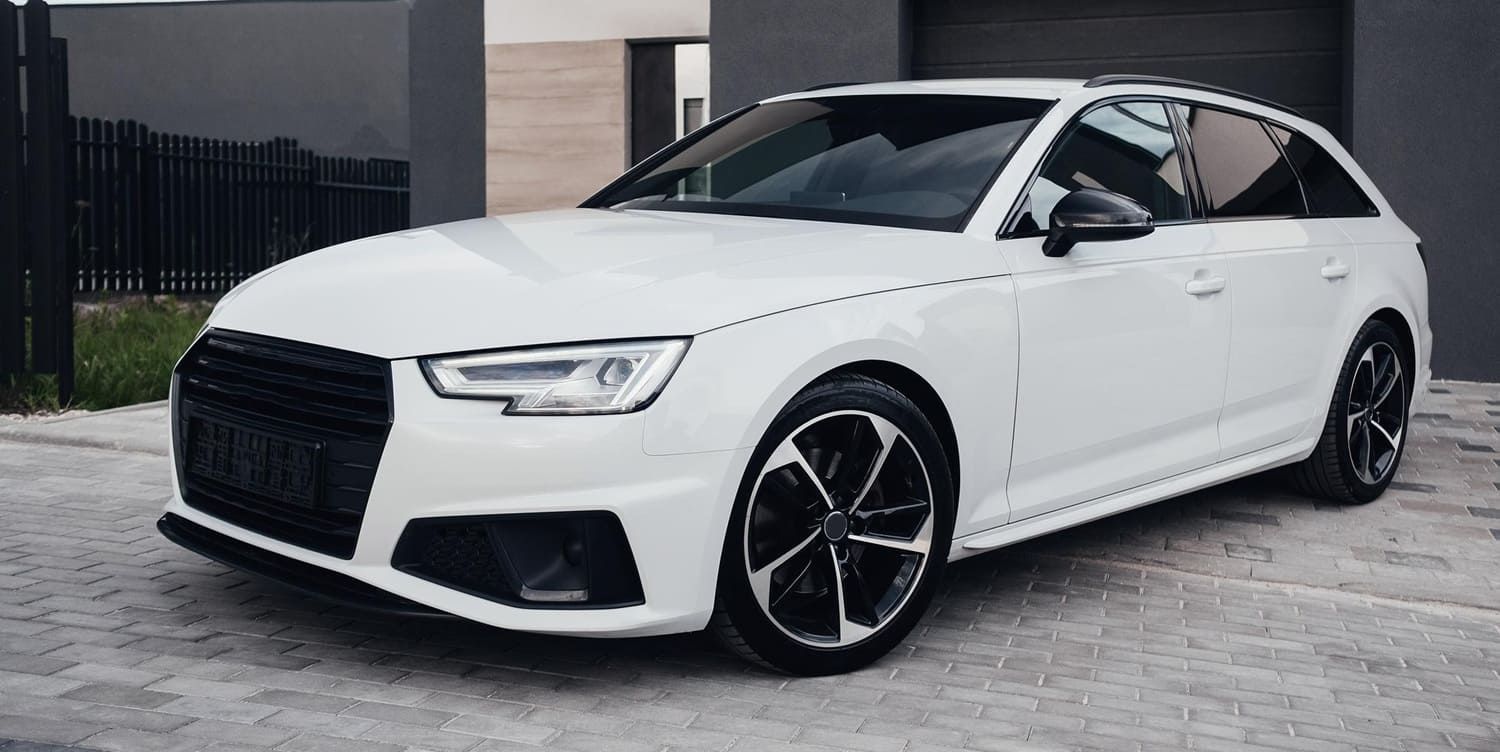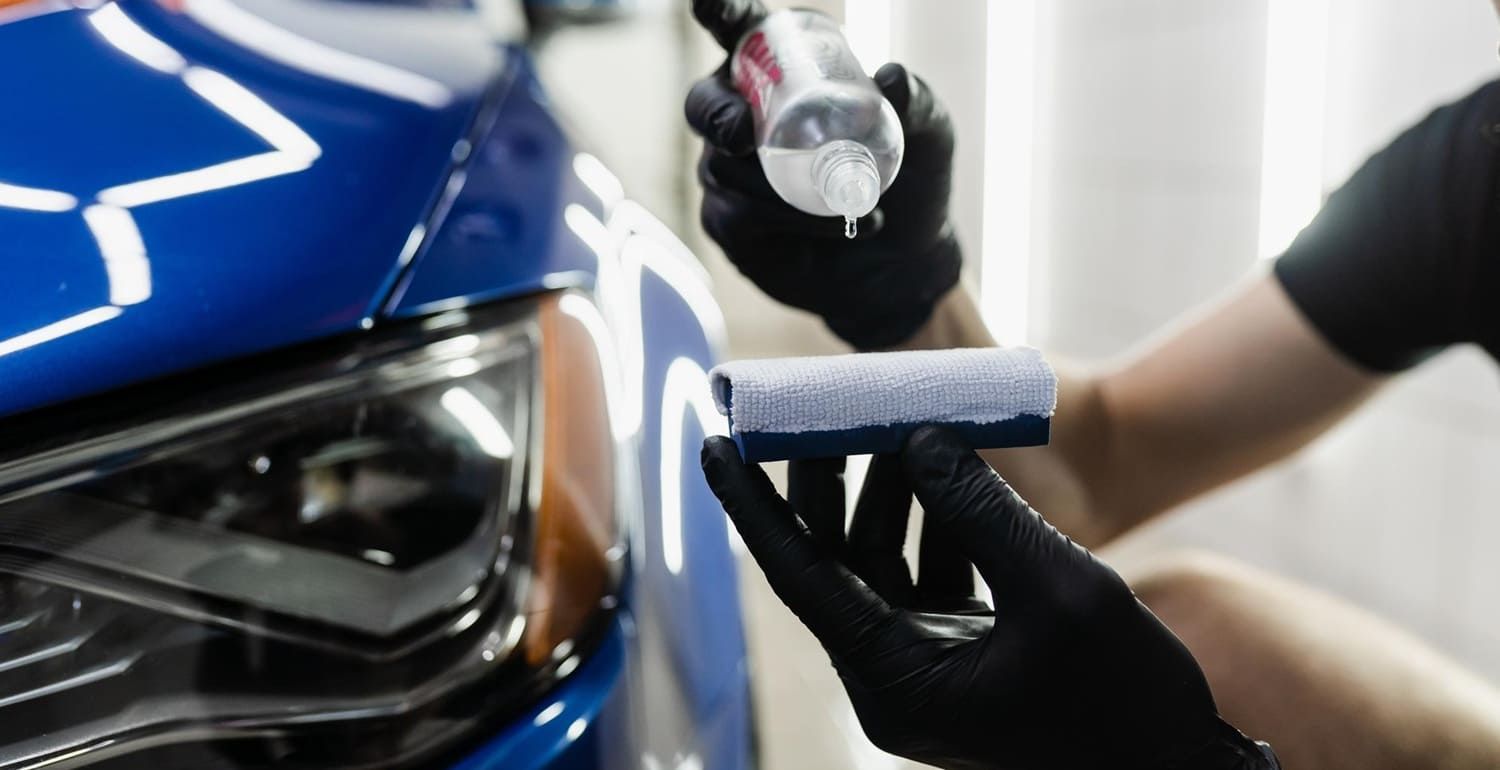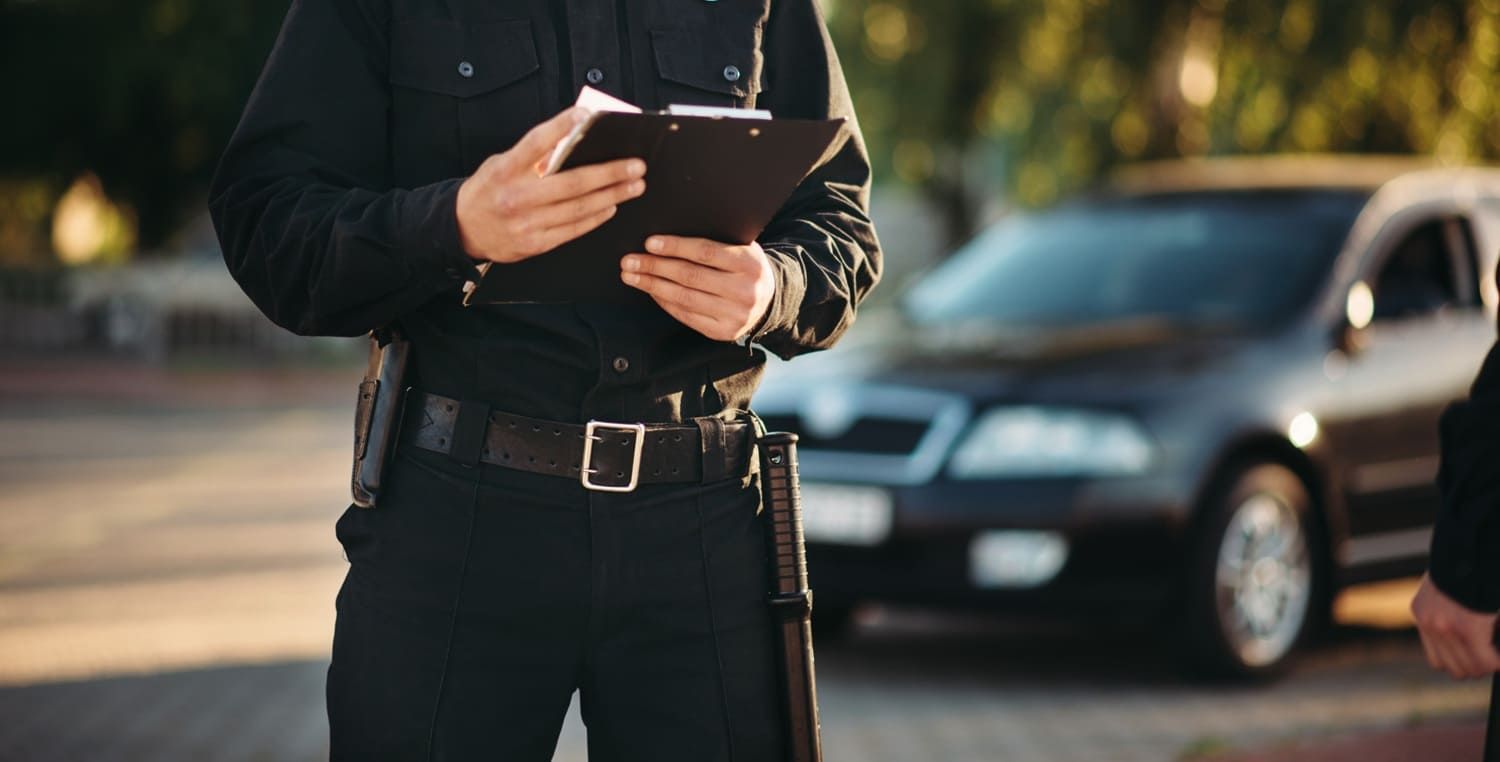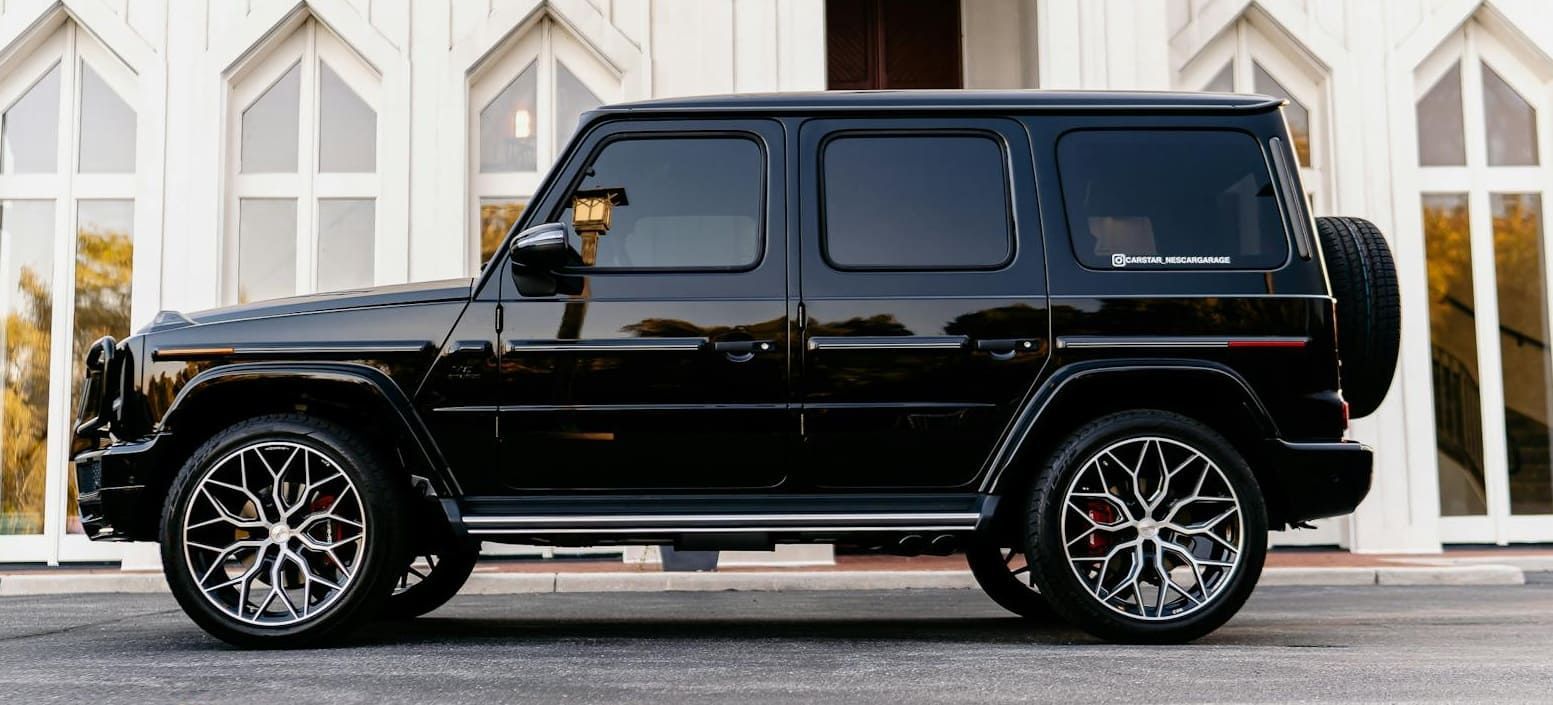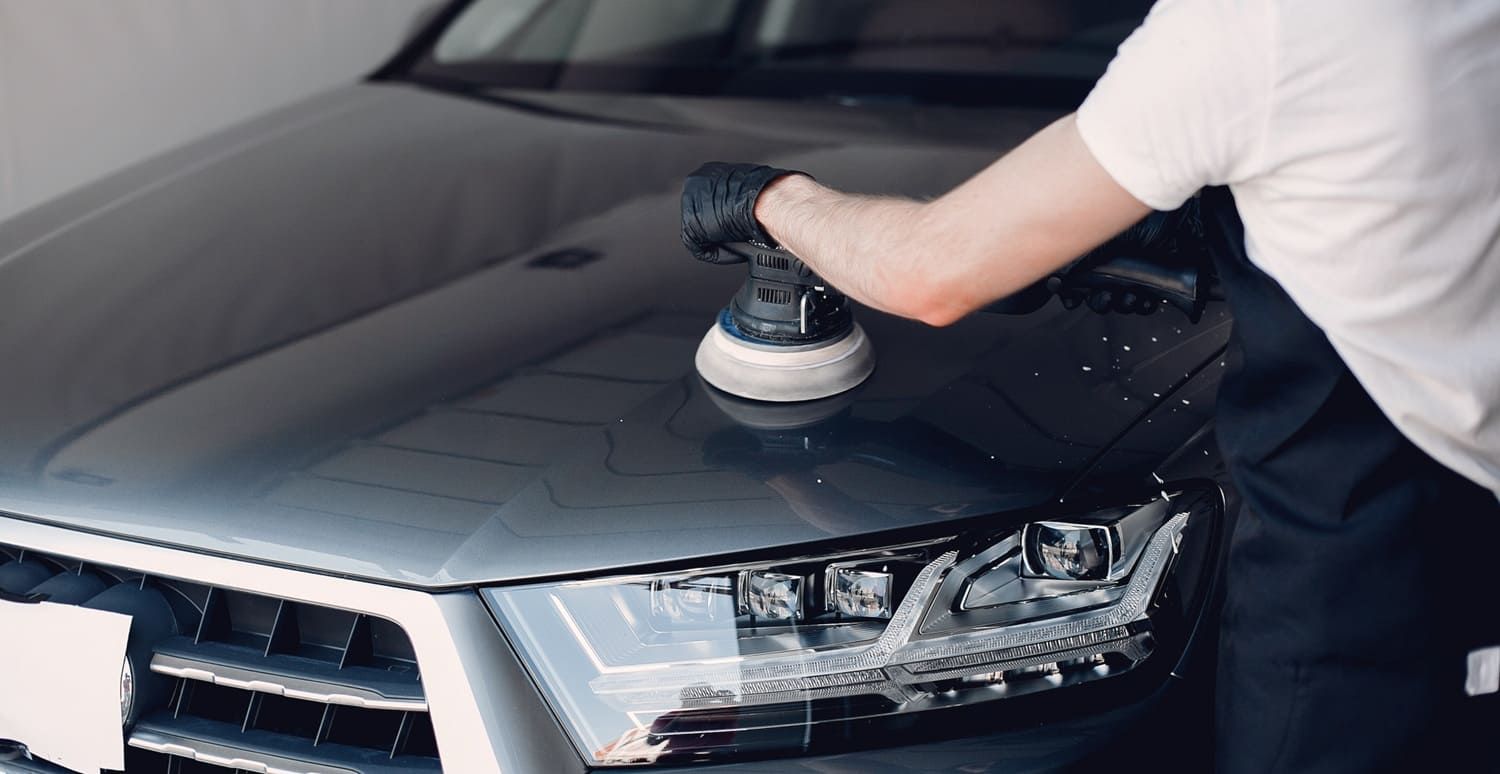Everything You Need to Know About Auto Paint Protection
No one likes to see any damage to their vehicles paint job. Here's everything you need to know about auto paint protection.
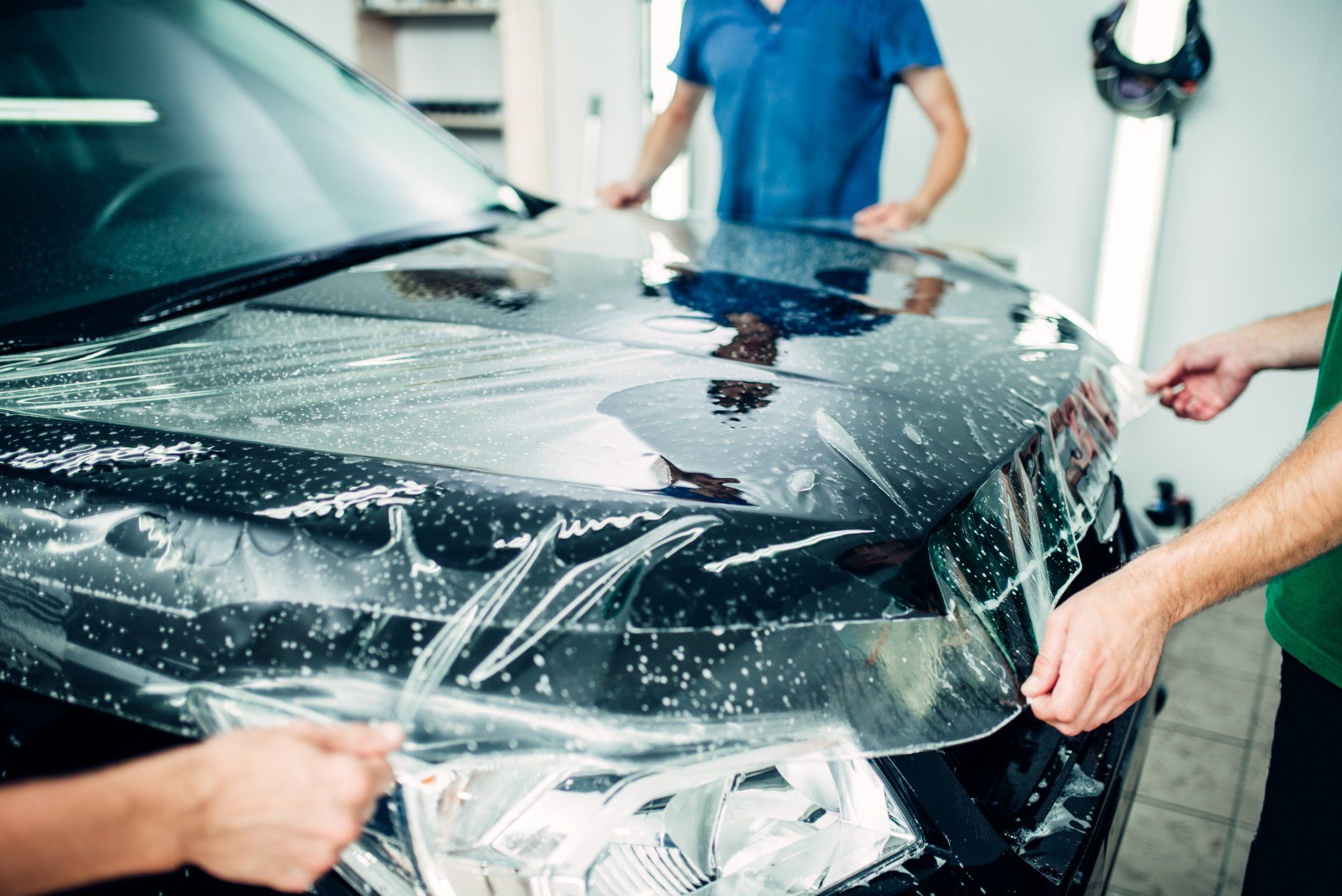
By 2025, the global paint protection film market is expected to reach over $428 billion.
The military was the first to develop a paint protection film during the Vietnam War. Helicopter rotor blades were often damaged by flying debris, like shrapnel. To protect the moving blades, the United States military commissioned 3M to develop a solution that was both light-weight and inconspicuous.
The automotive industry was quick to realize the benefits of auto paint protection, and today there are many different options available for car owners.
Do you want to further protect your car from damage to its paint job? Keep reading to learn more about auto paint protection!
What Is Paint Protection?
Paint protection is an invisible coating. It gets applied over the top layer of car paint as an added layer of protection. It shields your car's paint from damage from things like:
- Stone chips
- Bird droppings
- Fading
- Tree sap
- Road tar
- UV rays
While it doesn't protect against heavier damage, a paint protection film (PPF) can significantly extend your vehicle's paint life. Plus, it's self-healing. That means that if a small chip or scratch appears in the film, the elastomeric polymers will fuse and hide any damage when the heat is applied.
Vinyl wrap, another form of paint protection, is both thicker and heavier than PPF. As a result, it's stronger and more durable and lasts several years. Vinyl wraps cannot be 100% clear, though they can be customized to a vehicle owner's preference.
Whether you opt to get PPF or vinyl wrap on your vehicle, it must be installed by a specialist to ensure optimal effectiveness. There are specialized techniques, prep work, and equipment that must be used to ensure a successful application.
When experienced professionals install them, both vinyl wrap and PPF applications should last between 5 and 10 years.
Pros and Cons of Paint Protection
Opting to protect your car with PPF is a great way to keep your car looking new, extend its life, and increase its value. However, as with anything else, there are pros and cons to consider first.
Here are the cons of opting to install auto paint protection on your car:
- Not all options are 100% water-resistant
- It can be expensive, depending on the vehicle and how much coverage you want
- Cheaper PPF's can discolor, like paint after excessive sunlight exposure
- Many PPF's require full replacement if damaged
Here are some of the many pros of installing PPF on your vehicle:
- It provides strong protection against many contaminants
- It can last up to 10 years
- It boasts self-healing properties
- You can also add a ceramic coating on top for superior protection
- It boosts your car's resale value
From boosting resale value to self-healing technology, there are many reasons you need an auto paint protection film for your car.
What Are Ceramic Coatings?
If you love the aesthetic of car wax and the durable strength of PPF, ceramic coatings are the way to go. They're made using quartz, which, when it's cured and uses nanotechnology to infuse onto a car's coat, becomes one of the Earth's hardest substances.
First, you must remove paint damage, such as swirl marks. Once they're removed, the ceramic coating fills imperfections in a vehicle's pain. It leaves a flat, smooth surface resistant to UV light, road grime, scratches, chemicals, animal waste, water, and other extreme elements and weather.
There are quite a few different ceramic coating options, though.
Professionally Installed Ceramic Coatings
Professionally installed ceramic coatings require extensive preparation and advanced techniques for installation. Coatings must always be applied indoors, and many come with warranties.
Professionally ceramic coating is where it all started, and while it's the most expensive, it offers the best quality of all the ceramic coating options.
Spray Coatings and DIY Nano-Ceramic Coatings
Spray coatings are the cheapest and easiest to apply. They include ceramic ingredients that replicate features of a professional coating but without the long-lasting strength and protective qualities.
Nano-ceramic coatings are specifically developed for consumers to do themselves. They require less prep than a professional job and cure significantly faster. They're easier to install and offer more protection than the spray coatings.
Pros and Cons of Ceramic Coatings
One significant advantage of using a ceramic coating is that it has hydrophobic properties. It repels water and dirt and will keep your car cleaner for longer. Plus, it adds shine and luster the same way that a coat of wax does.
Let's take a look at some of the cons of ceramic coatings:
- DIY coatings have a low quartz percentage
- There are many cheap products on the market
- Spray coatings usually only last a few months
- The superior ceramic coating requires a lot of prep work
Now, let's take a look at some of the many pros of ceramic coatings:
- They're scratch resistant
- They're extremely water-resistant
- They protect against contaminants
- Their longevity can hold up for a lifetime (if done professionally)
- They maintain shine without the need for regular polish or wax
- They make cleaning and maintenance of your vehicle easier
- They reduce sticking of materials like bug splatters
- They're highly heat resistant
Auto Paint Protection Will Extend Your Vehicle's Life and Value
Are you worried about your new car getting damaged by UV rays and other harsh elements? Do you want to prevent your car from being scratched?
While professional auto paint protection and ceramic coatings aren't cheap, the price is well worth the return. PPF and ceramic coatings keep your car looking shiny and new for longer. Plus, they both boost your car's resale value and, if done professionally, can last up to 10 years!
Are you looking for auto paint professionals in Columbia, TN, with the expertise to install PPF on your car? Would you like to know how much it'll cost to protect your vehicle's paint?
Get a free estimate here or contact us. Wells Paint Protection and Window Film will answer any questions or concerns you may have.
